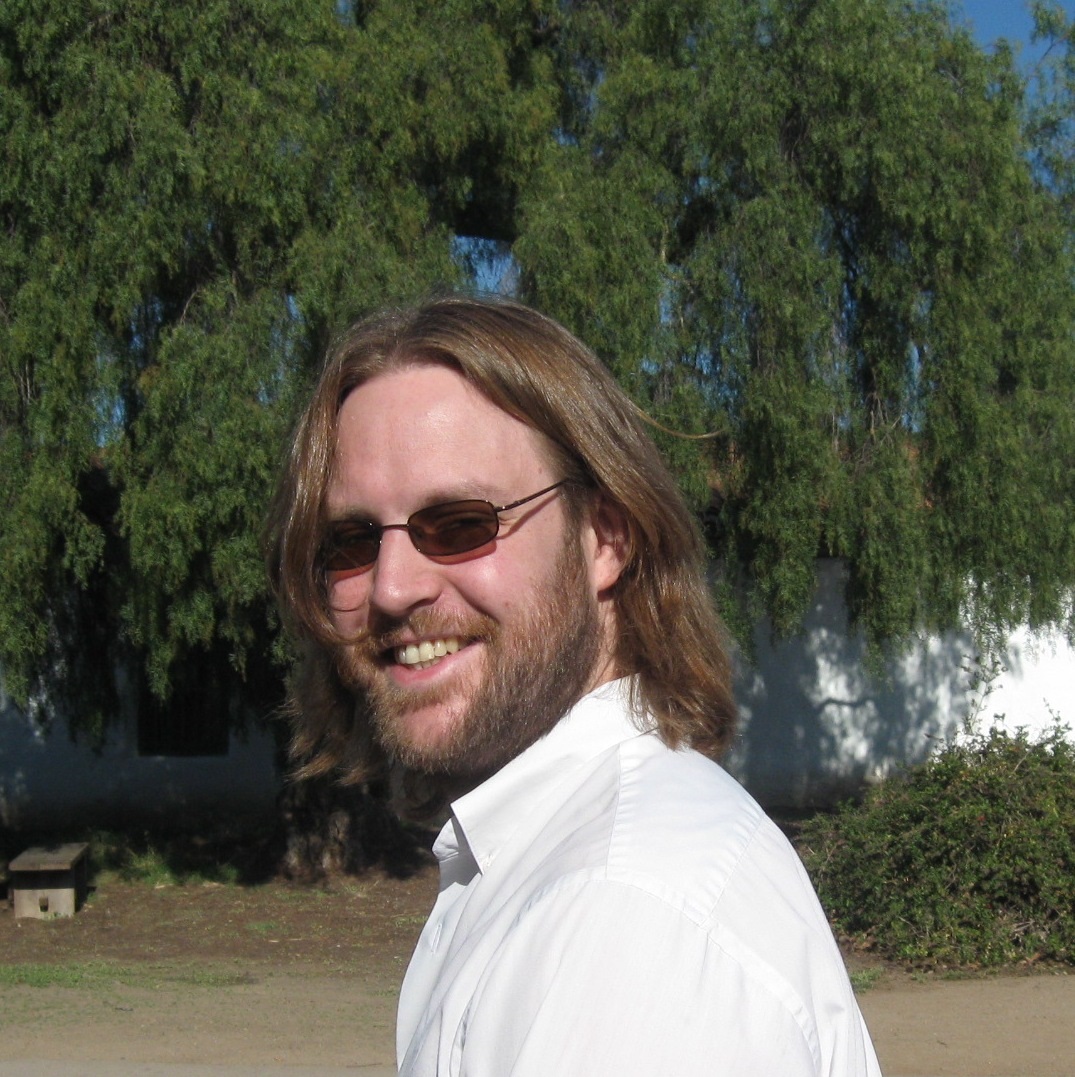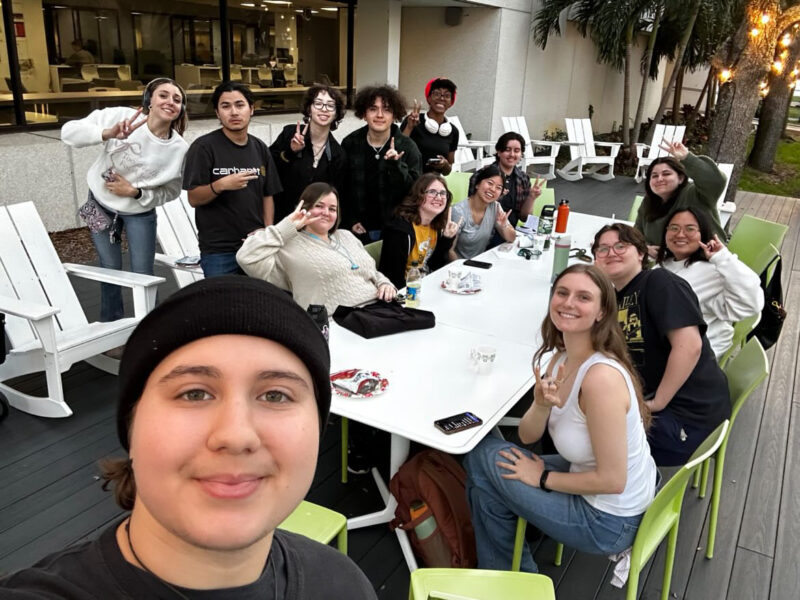Above photo: USF St. Petersburg Assistant Professor of History Adrian O’Connor is the new editor for “The Historian,” a scholarly journal that “will bring local benefits to the campus.” Courtesy of USF St. Petersburg
By Luke Cross
The second largest scholarly journal of history is now housed at USF St. Petersburg.
“The Historian” has been continuously published since 1938 and was based in USF Tampa until Assistant Professor of History Adrian O’Connor assumed the role of editor.
O’Connor filled the editorship position after Kees Boterbloem, professor of history at USF Tampa, stepped down after a decade.
“He wanted to give the position to somebody, and thought it desirable to be someone in the USF system,” said O’Connor. “He surveyed colleagues and somebody recommended me to him.”
The journal’s migration to USF St. Petersburg is significant for both the campus’ reputation and it’s students.
“It holds two different positions for historians. As a scholarly peer-reviewed journal, it’s publishing cutting edge research, new historical findings and new arguments,” said O’Connor. “It also, in its affiliation with Phi Alpha Theta, provides opportunities and benefits for undergraduate and graduate students.”
Phi Alpha Theta is a national honor society with 970 chapters and over 400,000 members. Its headquarters are currently housed in USF Tampa.
“There have been discussions of bringing Phi Alpha Theta here before, but bringing the journal here will serve as a catalyst for change,” said O’Connor.
Membership in the honor society brings a number of benefits for participating students.
Phi Alpha Theta provides competitive financial aid opportunities for its members through essay competitions and stipends for prospective graduate students.
The society also holds a conference every two years, where students and faculty present research. O’Connor believes this would “help develop a culture of undergraduate and graduate student research on campus.”
Members of Phi Alpha Theta are given a one-year subscription to the journal, allowing students to simultaneously “participate in the present of the historical profession, and also help to shape its future by getting into the reading lists of recent graduates, those who will be shaping the field in 20 years.
“The journal is about the past, of the present, and it is shaping the yet to be determined historical future,” O’Connor said.
One student in particular is given the opportunity to be an editorial assistant to O’Connor, directly affecting the journal’s content.
“There’s an assistant in Tampa, but given the dual location problem with Phi Alpha Theta and split campuses, I asked to have an editorial assistant here. I wanted to ensure that student benefit was also coming to St. Petersburg,” said O’Connor.
O’Connor says the editorial assistant offers experience in academic publishing, providing a student the opportunity to do “everything from reviewing manuscripts when they first come in, to corresponding with scholars around the world, and learning how to edit professional historians.”
“It’s a good experience, and not one that I know of in any other undergraduate program,” said O’Connor.
Beyond individual stipends and assistantships, the journal’s arrival will have lasting impacts on the entire campus’ academic capacity.
“We really are hoping to integrate this into the history curriculum, to bring the process of publishing into classes,” said O’Connor.
On a larger scale, hosting “The Historian” cement’s USF St. Petersburg’s position as an international campus and a gateway for academic voices around the globe.
“It will bring in local benefits for the campus, but also open the door for discussion with scholars around the world,” said O’Connor. “It’s a nice microcosm of the local and global intersection that makes this campus work really well, and will make the journal work well alongside it.



